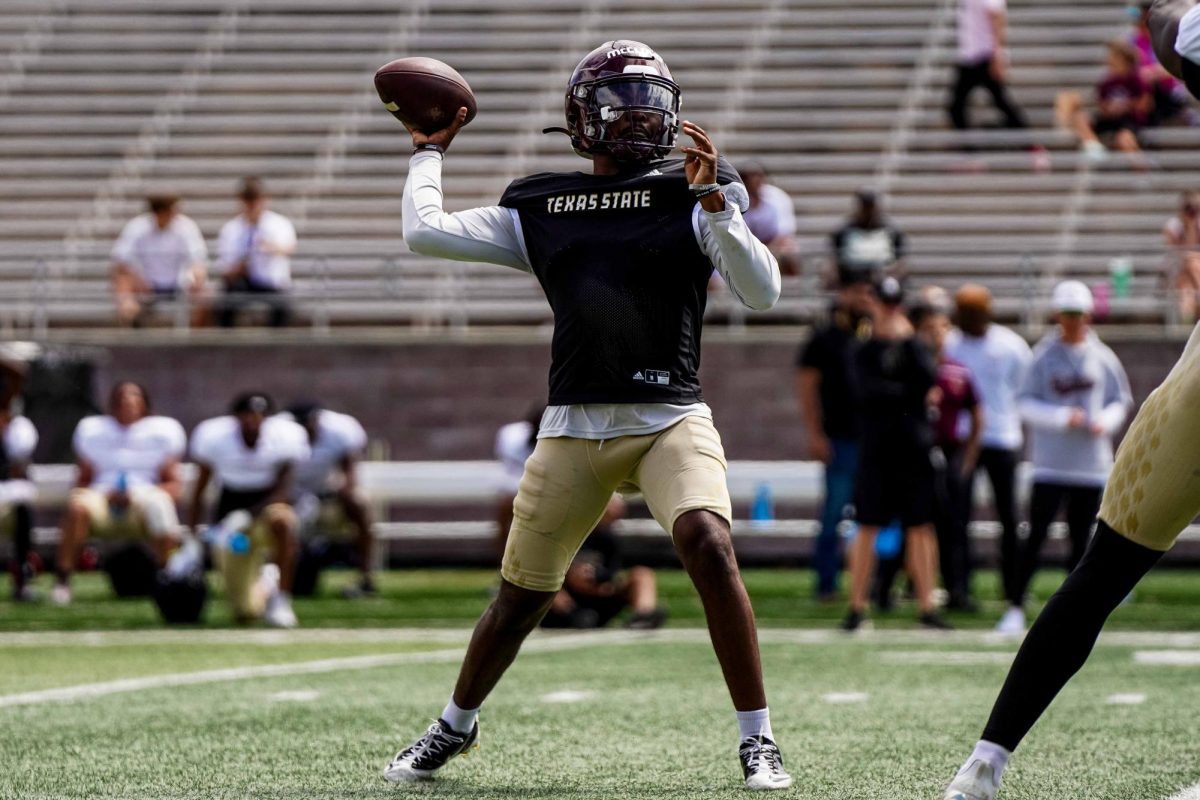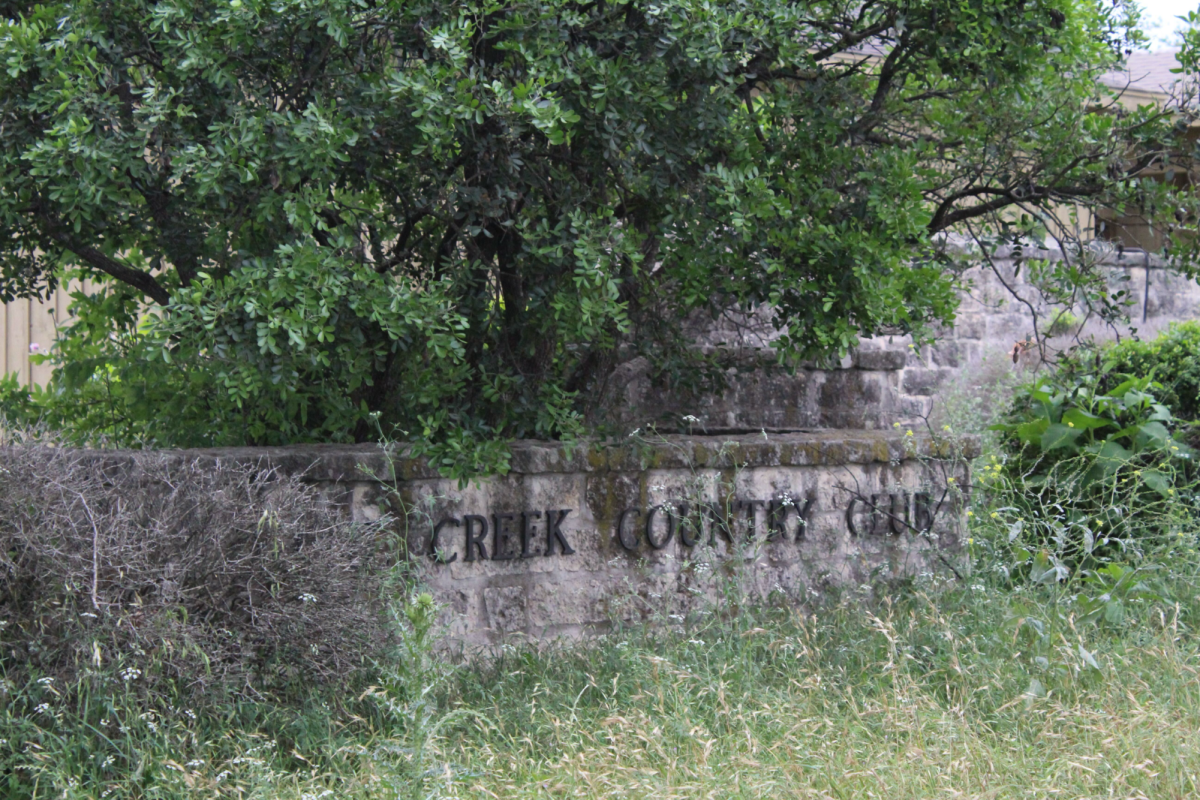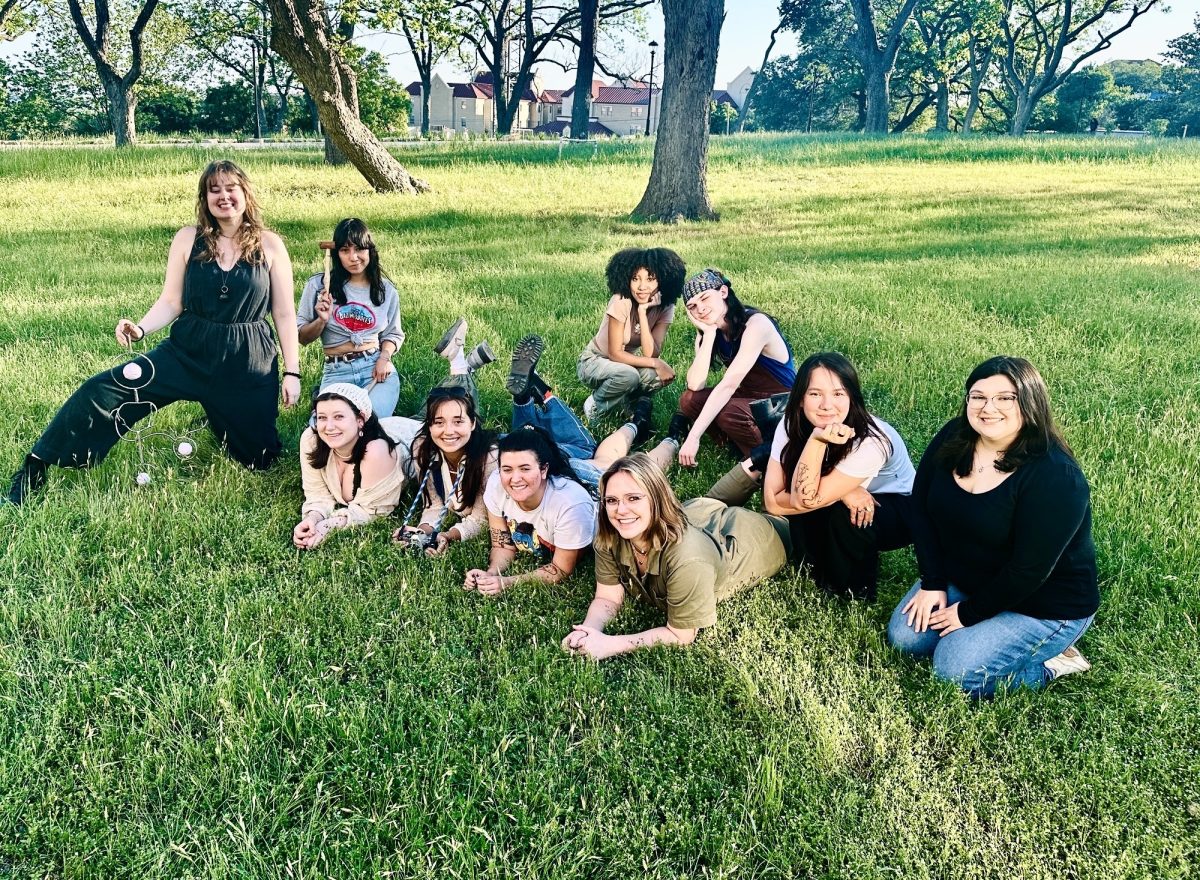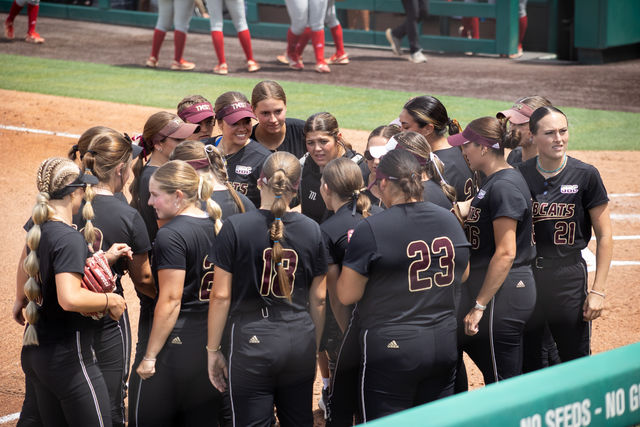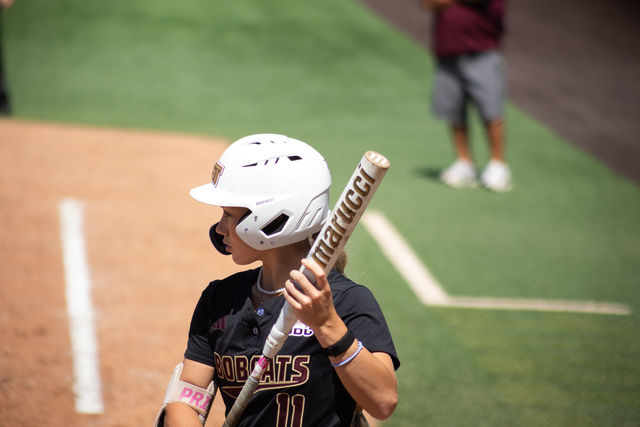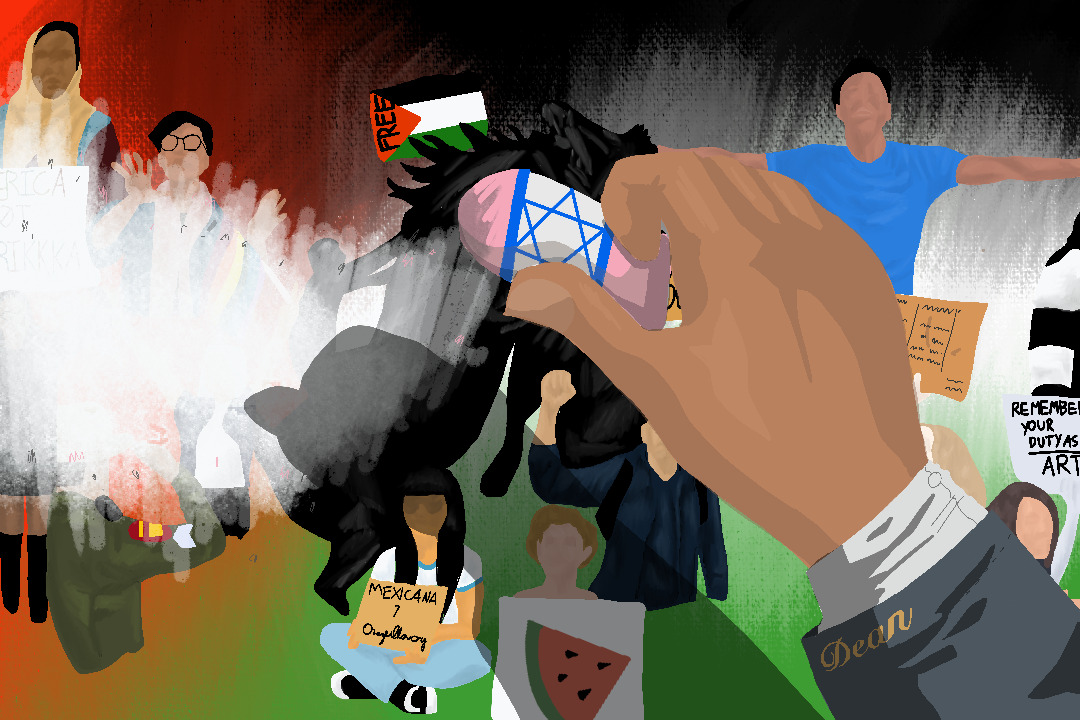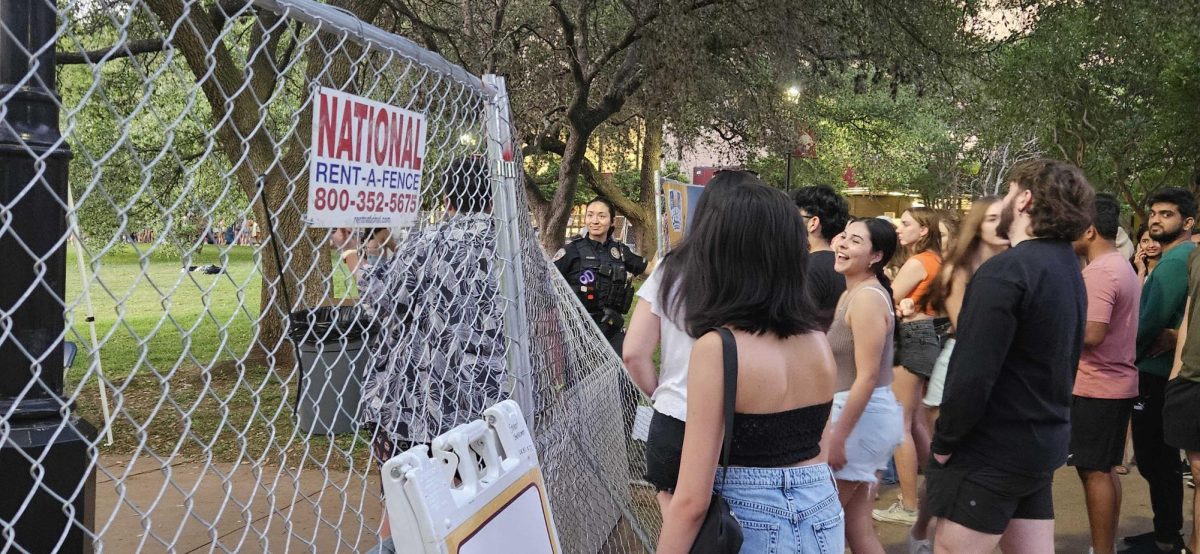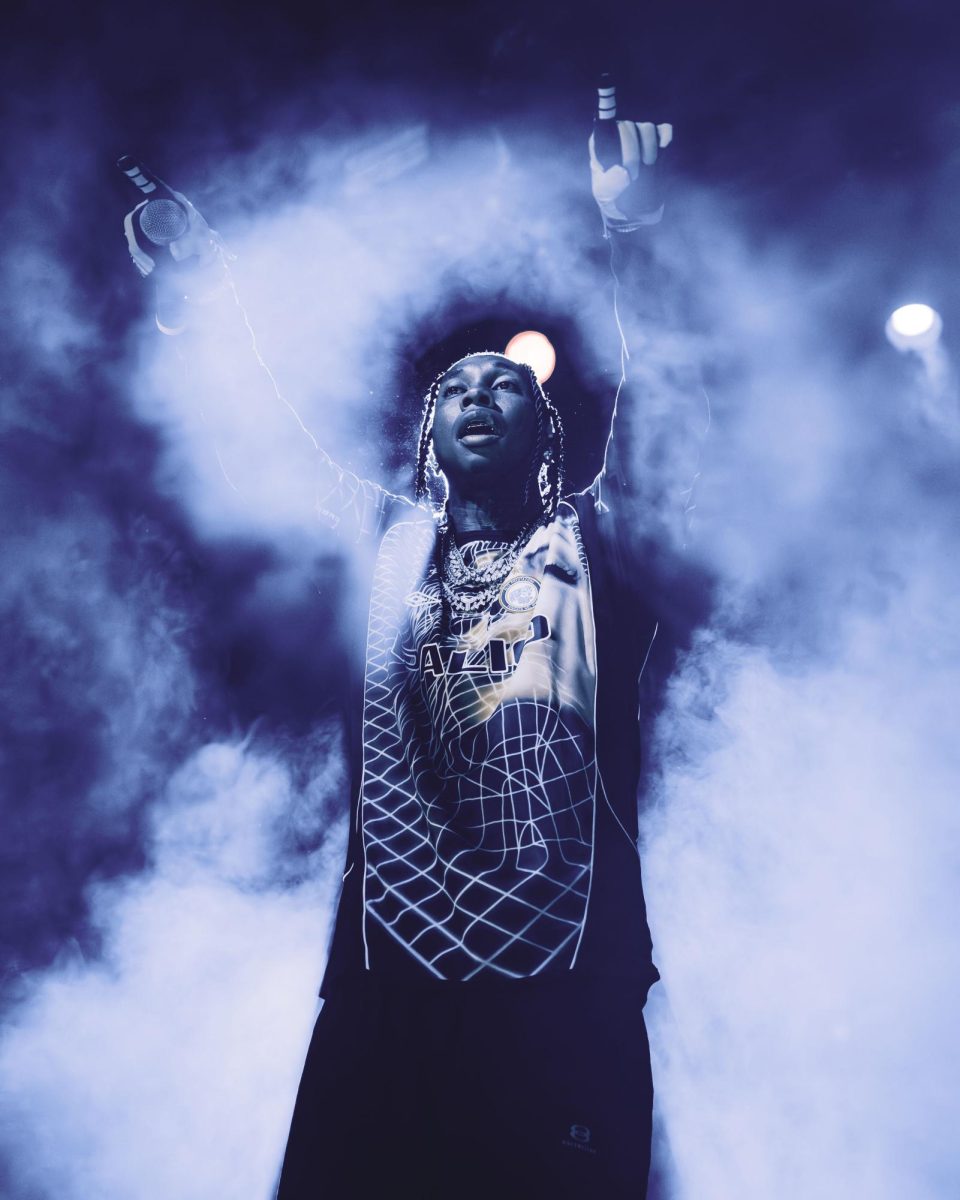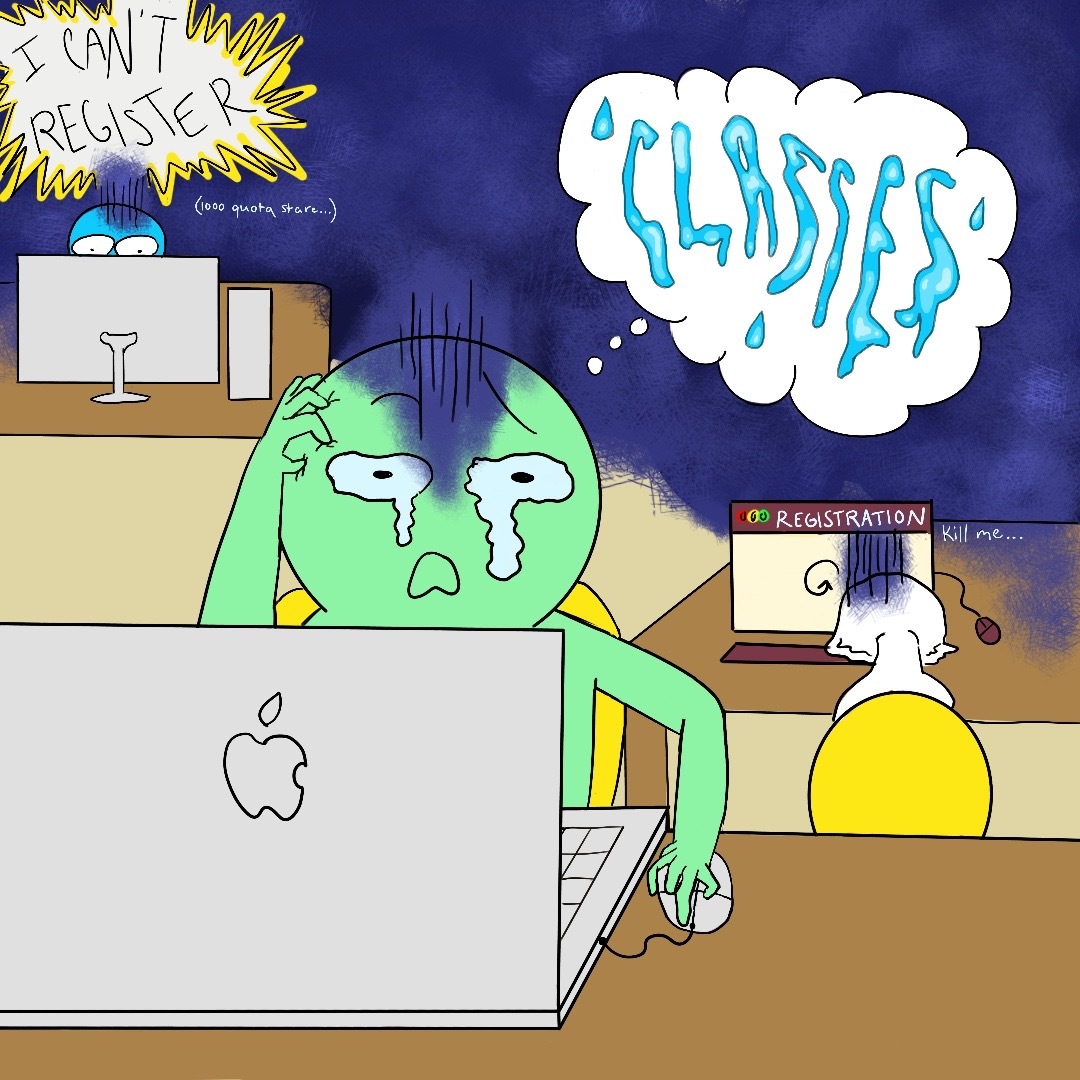Countless times it has been said that one of the main goals of college is to expose students to innovative ideas challenging what the students think. Texas State’s mission statement even reinforces the notion in the line “embrace a diversity of people and ideas.” However, this idea of diversity is a lie. Universities across America lack diversity in ideas including Texas State. From the professor to the student, a difference in beliefs is in short supply.
Look at the staff of universities around the nation, because this is the epicenter for the shortcomings of different ideas. The Washington Post reports that 50 percent of professors identify as Democrats while only 13 percent of professors are Republicans. The article also said that 87 percent of professors see themselves as liberal, while only 13 percent saw themselves as conservatives. This means that universities largely have people who share common beliefs while having few to challenge their beliefs.
It must be stated that this difference could be for numerous reasons, like more republicans choosing to go to the private sector instead of education, but the fact remains that one side of the country’s beliefs are being left out of dialogues on university campuses.
When he came to Texas State last semester, James R. Stoner, director of the political science department at Louisiana State, lectured about the need to have more conservative voices on campus, because it would lead to more ideas being exchanged. Let the record show it is not being suggested that liberal professors are bad at their jobs, there are many wonderful professors around campus who are truly great, but diverse thinking is desperately needed on campus.
This shortage of ideas is also harmful to the students in that it seems as though students cannot even handle when a speaker comes to their school with whom they do not agree with, like Ben Shapiro, James Comey, or Ann Coulter. The students feel the need to protest and do anything they can to stop the guest from speaking even if that means violence, as was seen at Berkeley over Milo Yiannopoulos.
These actions run contrary to the value of embracing different ideas which is a core tenet of the purpose of universities. But one can not embrace a different idea if they can not even handle the notion of hearing something they disagree with. Rather than continue to make schools a place where people only hear what they want to hear, the university should inject more perspectives in an attempt to expose students to a wider variety of views. If the universities truly are institutions for student success, then preparing them to enter a world that is increasingly diverse in ideas should be a top priority.
Sadly, this does not look like the course that will be taken by university administrations. In the universities’ failing to add conflicting voices, the Justice Department has taken up this issue. Attorney General Jeff Sessions has echoed all the concerns raised here saying colleges have turned “into an echo chamber of political correctness and homogeneous thought.”
This raises the question of whether or not colleges stifle the first amendment. And if so, this could cause a domino effect in that free speech will disappear in other places if it is allowed to disappear from college campuses.
It is a sad day in America when one of the pillars this country was founded on is in question. Maybe it’s time students and faculty start disagreeing.
– Hunter is a philosophy senior

